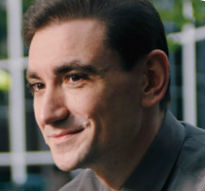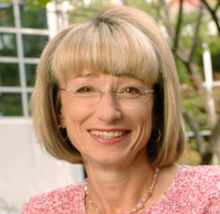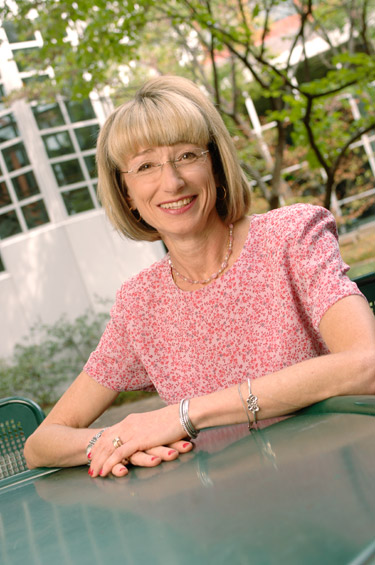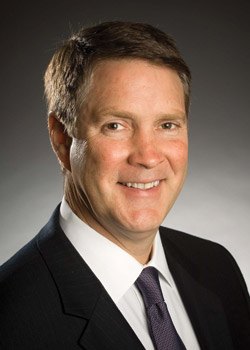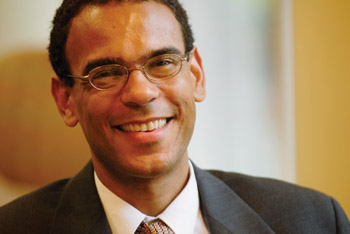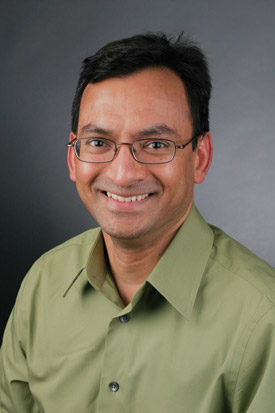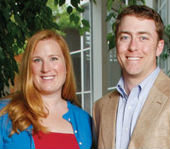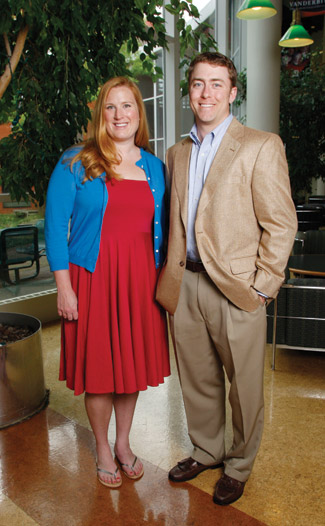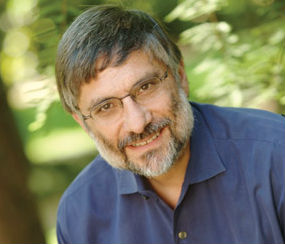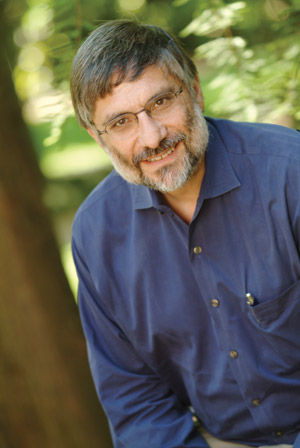The role of corporate lobbying in politics is a hotly debated topic these days. Perhaps nothing frames the difference in opinions better than the recent presidential campaigns of Hillary Clinton and Barack Obama. During the Democratic primaries, the two presented sharply contrasting views on lobbyists.
At the 2007 Yearly Kos convention in Chicago, Clinton said, “A lot of those lobbyists, whether you like it or not, represent real Americans. They actually do. They represent nurses. They represent social workers. They represent—yes, they represent corporations that employ a lot of people.”

Obama, however, offered a different argument. “I disagree with the notion that lobbyists don’t have disproportionate influence,” he said. “Look, the insurance and the drug companies spent $1 billion in lobbying over the last 10 years. … They are not spending that just because they are contributing to the public interest. They have an agenda.”
Interestingly their views seem to correspond to the two academic theories of lobbying. On the one hand Gene Grossman, an Economist at Princeton University, and Elhanan Helpman, an Economist at Harvard University, emphasize the “information” role of lobbying. In their well-cited book Special Interest Politics, they consider lobbying as primarily a mechanism to transfer information and knowledge from certain interest groups to policymakers. Grossman and Helpman argue that this improves the efficiency of society, in a sense.
Nobel Laureate and University of Chicago Economist George Stigler, however, suggests industries are often able to acquire regulations that protect them rather than harm them. Their need for such regulations and the regulators’ willingness to provide them create the demand and supply of a “market for politics.” Firms contact politicians and government agencies through various channels and try to convince them of the necessity to pass “friendly” policies or deter “hostile” ones. In return for the favor granted by the regulators, firms compensate them with votes and resources such as political contributions.
The popular press seems to give more support to the latter view. The Washington Post recently quoted one top lobbyist as saying: “People in industry better have good lobbyists or they’re going to get rolled over.” Even companies that try to resist political involvement for various reasons usually end up joining the game. For example, Google was reluctant to lobby until it was under severe pressure for issues related to user privacy and operations in China. It then decided to hire high-profile Washington lobbyists and invest heavily in lobbying, as reported in The New York Times. Google’s story was hardly new; Microsoft went through the same process in 1996 when it was entangled in antitrust problems.
Firms lobby not only reactively to defend themselves from potentially harmful policies but also actively to profit from tax advantages, regulation loopholes and government budget appropriations. The benefits of lobbying are seemingly huge: The Washington Post reported a $100 return on $1 of investment in lobbying for corporations. Similarly BusinessWeek conservatively estimated that firms received an average of $28 in awarded federal earmark spending per dollar spent on lobbying. The benefits of these efforts can come through various channels. The defense industry lobbies for more government contracts; the hi-tech industry lobbies for issues related to patent; and of course, everybody lobbies for lower taxes.
To check whether these claims withstand statistical scrutiny, we compiled a database of corporate lobbying activities made possible by the Lobbying Disclosure Act of 1995. Prior to the Act there was no public data available on how much firms spent on federal lobbying, as lobbying organizations and professional lobbyists were not required to register or disclose their lobbying activities.
In brief, we found that spending on lobbying pays off handsomely. We looked at financial performance as reported in firms’ financial statements, as well as stock market returns. To gauge stock market performance, we constructed portfolios of companies based on their lobbying intensities (that is, by how much they lobby relative to their size). Based on these rankings, we discovered that firms in the top portfolio generated annual returns 8 percent higher than similar firms that do not lobby. Moreover, it was only these firms with the highest lobbying intensities that systematically outperformed their benchmarks. Thus, contrary to the impression gleaned from the financial press, not all lobbying yields huge rewards.
That said, the chance to tilt the odds in their favor probably explains why American corporations spend so much on lobbying. For example, in the 1997-1998 election cycle, corporations, their trade associations, and other business-related interest groups accounted for roughly 90 percent of the total lobbying spending, dominating that of any ideological or single-issue organizations. (See Figure 1 for the list of top lobbying spenders from 1998 to 2008, as reported by the Center for Responsive Politics.)
At the end of the day, the need for petitioning government and influencing public policy will never go away, and eliminating official channels of lobbying will only result in a secretive and corrupt system.
So was Hillary Clinton wrong in saying that lobbying represents the interests of everyday Americans? Not necessarily. Corporations lobby to inform policymakers of the impact of regulation and legislation; individuals are impacted in their roles as consumers, as employees and as shareholders. The presence of corporations in the list of top spenders on lobbying is just an example of a collective action problem. Only those groups or firms with the most to gain or lose have an incentive to participate.
One solution to this problem is to ensure a clean and transparent process. The Lobbying Disclosure Act of 1995 intends to at least partially serve that purpose. All lobbyists and organizations that lobby must register and file with the government, and report semi-annually how much they spend on lobbying, for what purpose, etc. At the end of the day, the need for petitioning government and influencing public policy will never go away, and eliminating official channels of lobbying will only result in a secretive and corrupt system. The principle of transparency is arguably one of the key advantages of the American political system and must be viewed as an important contributor to its current and future economic health. What is needed is more disclosure, not less lobbying.
Hui Chen is an Assistant Professor at the University of Colorado’s Leeds School of Business. David Parsley is a Professor of Management at the Owen School. Their paper “Corporate Lobbying and Financial Performance” was co-written with Ya-Wen Yang of the University of Miami.

